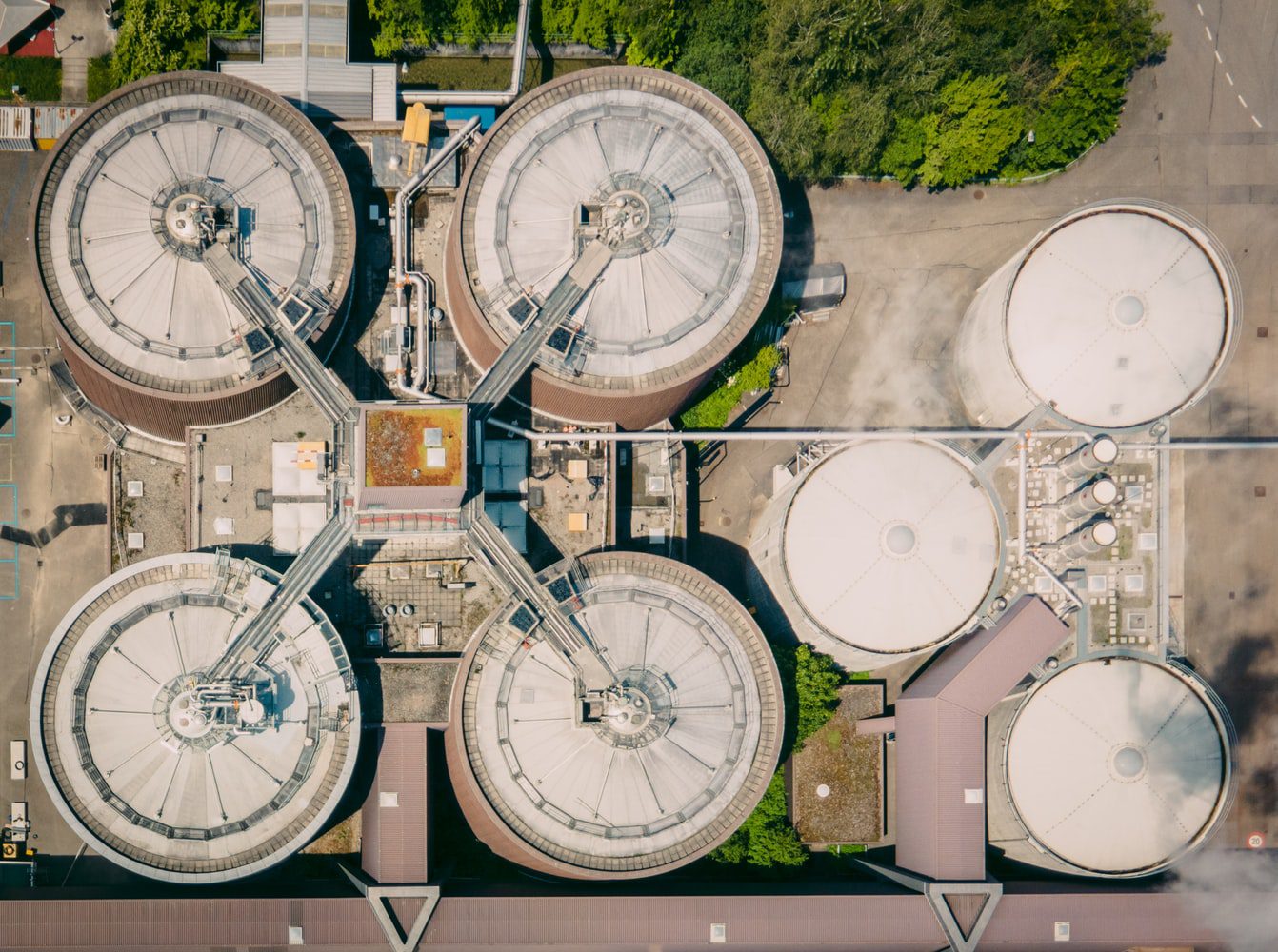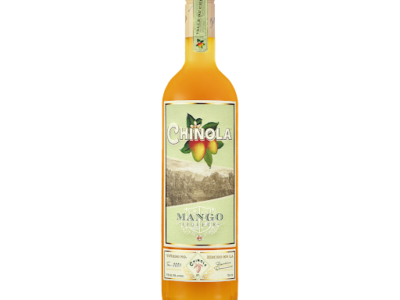If you conduct a survey of Americans aged 21 and older, a majority of them would probably agree that a world without beer would be demonstrably worse. Luckily, new innovations in sustainable brewing practices mean that just about everyone’s favorite carbonated alcoholic beverages should align with a clean future. The talented professionals at Cambrian Innovation, based in Massachusetts, specialize in the treatment of wastewater. Wastewater is the excess ‘dirty’ water that has generally been discarded as a byproduct of a wide variety of beverages that are bought and sold every day in the US, beer included. Now, Cambrian is working with companies like The Florida Brewery to clean up their beverage production process.
As Florida’s second-oldest brewery (still standing), The Florida Brewery is teaming up with Cambrian to drastically increase the efficiency of its operations and reduce its carbon footprint. The brewery process has historically been reliant on a virtually infinite water supply, with most breweries using around seven barrels of water for every barrel of drinkable beer. As society becomes more focused on the need for water reuse whenever possible, brewery operations producing 70 percent of their water as waste are simply unsustainable. For large operations like The Florida Brewery, this is an economic issue as well as an environmental one, as the costs for disposal of this wastewater are often far higher than the costs for the initial water supply. Considering the company produces an estimated 34 million gallons of excess wastewater each year, these disposal costs make a significant dent in the bottom line and are a factor in determining the future outlook of the company. As a result, breweries around the country have spent the last 20 years searching for new and creative ways to cut wastewater costs.

Thankfully, Cambrian has a method that takes steps to address the wastewater issue. The company has developed what is called a membrane bioreactor, named BlueCycle MBR. In contrast to the anaerobic digestion process used by industrial farms to efficiently recycle food waste, Cambrian’s invention uses aerobic digestion, meaning the microorganisms utilize free-floating oxygen when breaking down the ‘dirty’ wastewater. The water is then filtered through a membrane into a tank that provides live feedback and allows for continuous monitoring of the entire process. The end result is filtration of over 99 percent of all contaminants from the water, leaving it at a level compliant with Title 22 reusable water regulations. The recycled wastewater can then be legally used for a wide variety of applications, including irrigation of food crops and in park fountains. For The Florida Brewery, the biggest benefit is the savings that come out of eliminating the need for expensive industrial wastewater disposal systems, as well as a carbon dioxide output reduction of 254 metric tons annually.
The economic and environmental benefits of Cambrian’s technology aren’t limited to just one Florida-based brewing company. Since 2014, Cambrian has been in a partnership with Lagunitas Brewing Company, providing the brewery with wastewater treatment services on-site as part of a water-energy purchase agreement (WEPA). Much like existing solar energy purchase agreements which allow customers to “rent” solar panels and energy from power companies, water energy purchase agreements allow companies like Cambrian to give their customers an opportunity to finance the wastewater treatment operation instead of paying upfront to construct the BlueCycle MBR system.

Cambrian has joined forces with several municipalities in addition to breweries in recent years. Much like with Lagunitas, the company has a purchase agreement with several Hawaiian communities like Pahala, Naalehu, and Maalaea for water purification and treatment purposes. The agreement is a win for both sides, as these communities are getting an affordable method of dealing with a growing wastewater issue and preserving nearby coral reefs and fisheries.





